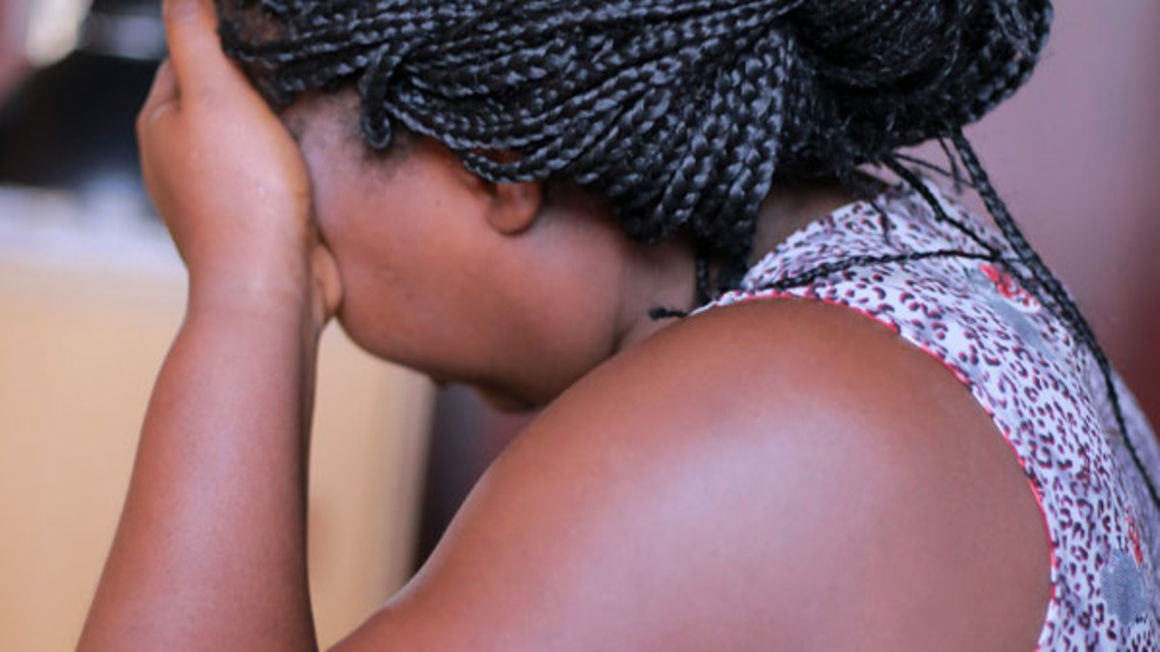Mental health activists task govt on restoration of services

Experts say anxiety has triggered mental health challenges among people . PHOTO/ FILE
What you need to know:
- Mr Derrick Kizza, the executive director of Mental Health Uganda, said mental health clinics at all regional referral hospitals except Gulu, Mbarara and Fort Portal, were turned into Covid-19 wards.
Mr Benon Kabale has been living with bipolar affective disorder for the past 15 years. The mental condition causes mood swings, with extreme highs and lows.
His welfare and management of the condition was, however, disrupted by the total lockdown instituted in March last year when the coronavirus pandemic hit.
The preventive measures that kept him at home worsened the depression, while the restrictions on movement meant he could not readily access medication and care.
“Movement was completely cut off and there was no alternative means of accessing hospitals to meet psychologists or counsellors and psychosocial support. The consequences of lockdown imposed a threat to life in terms of depressing phases of the illness and it was really difficult to access treatment...,” Mr Kabale told Daily Monitor.
Mr Kabale, who heads the Mental Health Recovery Initiative, said the pandemic resulted in a breakdown on access to medical care for of people living with mental illnesses.
Government diverted mental health clinics at district and regional hospitals into Covid-19 wards to cater for the growing numbers.
Activists now want the ministry to reopen the facilities to mental health patients.
Mr Derrick Kizza, the executive director of Mental Health Uganda, said mental health clinics at all regional referral hospitals except Gulu, Mbarara and Fort Portal, were turned into Covid-19 wards. Some hospitals would only offer outpatient services, neglecting cases that needed admission. “We need the ministry to provide an urgent plan on the reopening up of mental health clinics at district and regional referral facilities for persons with psychosocial and intellectual disabilities,” Mr Kizza said.
“We have been crammed into very small corridors where our people are being treated and that is a very big challenge. Even the nurses who were supposed to handle people with mental health challenges were the ones handling people with Covid-19,” said Ms Sarah Nekesa, the executive director, Epilepsy Support Association of Uganda.
The activists also decried the chronically low funding to the department. According to Mr Kizza, Only 0.7 per cent of the health budget goes to addressing mental health in Uganda.
The activists also want the Health ministry to spearhead the process of putting in place regulations to operationalise the Mental Health Act 2019.
Dr Charles Olaro, the director of curative services at the Ministry of Health, however, said the ministry has to consider the state of the pandemic before reopening the facilities. He admitted to the disruptions but said alternative points of care are in place.




